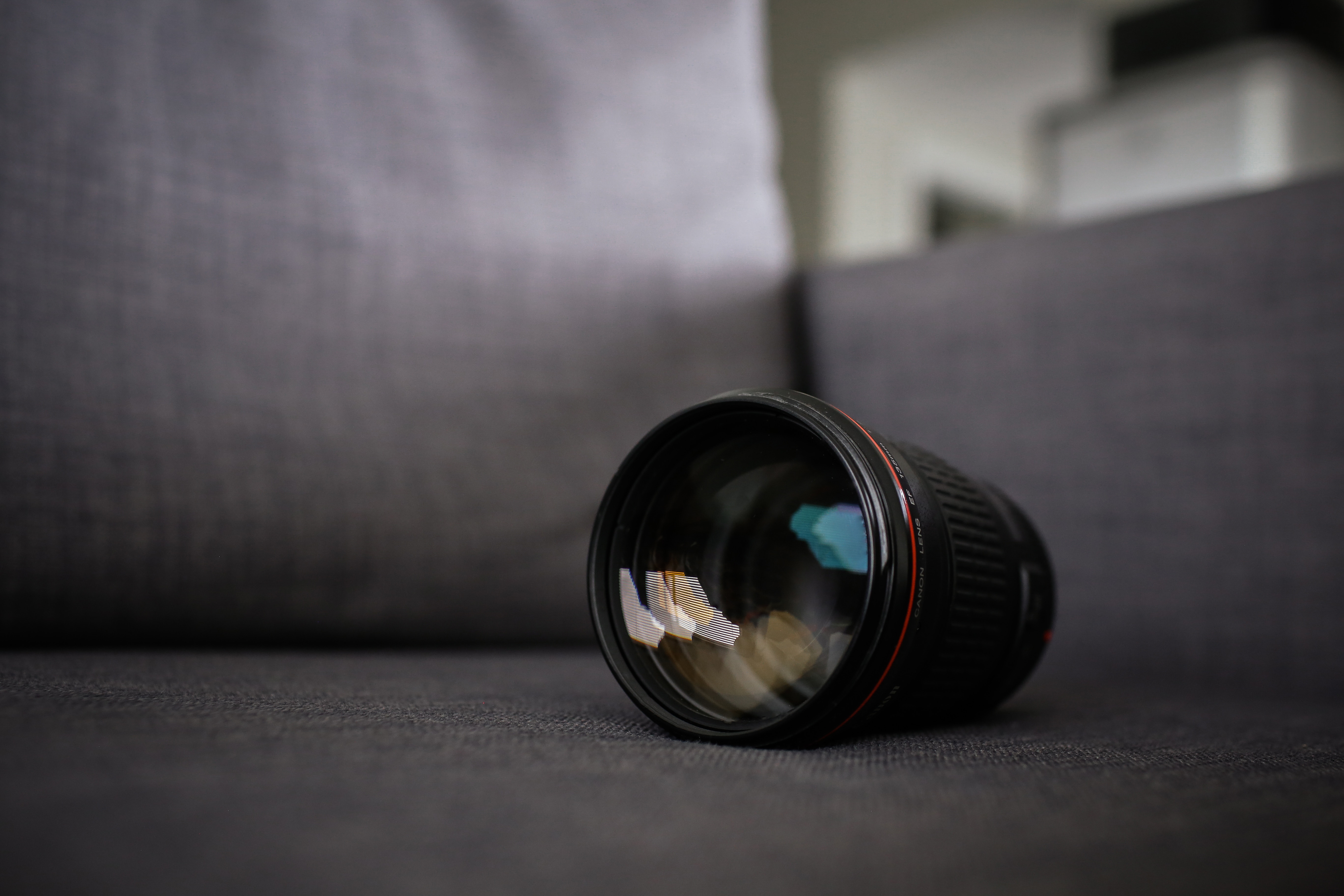I recently posted about the live SANE Expert Witness Training we hold annually at the NAC. The application for that training is now available for those interested in applying. Here is the updated information:
The U.S. Department of Justice’s National Indian Country Training Initiative, in partnership with the International Association of Forensic Nurses, is pleased to announce the Sexual Assault Nurse Examiners’ Expert Witness Training. The seminar will be held July 9-11, 2019, at the National Advocacy Center in Columbia, South Carolina. Travel related expenses will be covered by the U.S. Department of Justice. There is no tuition charge for this training.
Sexual Assault Nurse Examiners (SANEs) are specialists in one of the most well-known fields within the field of forensic nursing. Many prosecutors are comfortable using forensic nurses to testify to the facts of a case. However, forensic nurses are often overlooked as accessible expert witnesses. Prosecutors can use forensic nursing expert testimony to educate the jury on the characteristics of battered individuals (to include minimizing and recanting, mechanisms of injury and wounds) and to inform the jury why there may be an absence of injury. Forensic nurses can also assist prosecutors by reviewing medical records prior to trial and identifying relevant portions of the documentation.
This training is designed for SANEs interested in providing expert testimony and for prosecutors assigned to sexual assault and domestic violence cases who want to learn more about the effective use of a SANE as an expert witness in their cases. Priority consideration will go to SANEs and prosecutors working on cases arising in Indian Country.
This class has a mock trial component, and prosecutors and a SANE(s) who work cases together are encouraged to register as a team.
Please complete and submit the nomination form at the following link for each of your nominees:
https://survey.ole.justice.gov/snapwebhost/s.asp?k=155421728776
Nomination forms are due by May 3, 2019.
The NICTI will review all nominations and the NICTI will send an e-mail advising nominees of their selection on or about May 13, 2019. Selected nominees will also receive information on how to book travel and lodging.
In order to ensure that our records are correct, please type in the required information when completing the nomination forms. Illegible and/or incomplete forms will not be considered.
Due to the increasing number of last minute cancellations, we must ask that only nominations for those who are certain to attend be submitted.
The Executive Office for United States Attorneys will provide reasonable accommodations to people with disabilities. Requests should be made to Delores Johnson as early as possible, preferably at least two weeks in advance of the seminar. No nominee will be excluded from a course on the basis of a disability-related accommodations request.
This training is authorized under the Government Employees Training Act.
Any questions regarding this training seminar should be directed to Delores McCarter Johnson at
(803) 705-5123 or Leslie A. Hagen at Leslie.Hagen3@usdoj.gov
Here is a bit of inside baseball: priority really is given to SANEs and prosecutors whose cases arise in Indian Country. Also, if you as a SANE apply along with a prosecutor from your area, that will also increase your chances. There is always a significant wait list for this course, so I encourage you to try and put together a nurse-prosecutor team if you are able.
____________________________________
Have you checked out
the FHO store lately? You can
find our newest research brief, Aging Bruises Based On Color, plus our original guide, Injury Following Consensual Sex. Both available now for electronic
download.
 Loading…
Loading…

















